More than ever before, the accuracy and clarity of financial reports are non-negotiable. Investors around the world rely heavily on these documents to make informed decisions.
Precision, clarity, and cultural relevance are the cornerstones of effective financial communication, especially when navigating through the intricacies of different languages.
At Leemeta, a premium translation agency, we specialize in transforming financial documents into multilingual masterpieces that maintain the integrity and intent of the original content. Let’s face it: financial reports cross international borders and the challenge of preserving their meaning and context in different languages quickly becomes paramount. Today we delve into the nuances of translating financial reports for international investors, highlighting how our agency excels in this crucial task.
The Crucial Role of Accurate Financial Translation
Financial reports are more than just numbers and charts; they convey a company's fiscal health and future prospects. A slight mistranslation can result in a misinterpretation. A minor error in translation can lead to significant misunderstandings, potentially altering investment decisions.
Therefore, precision in financial translation is not just about language proficiency; it's about an in-depth understanding of financial concepts, terminologies, and all kinds of subtleties. That’s where specialised translators, such as Leemeta’s team, come into place.
Real-World Examples: Success Stories in Financial Translation
Consider the case of a European company presenting its annual report to potential investors in Asia. The report, dense with financial jargon and market-specific references, required not just translation but cultural and contextual adaptation. Our team not only translated the content but also localised the financial terminology, ensuring that the Asian investors received a report that was as informative and easy to understand as the original.
In another instance, a startup seeking international funding needed its financial projections translated. The challenge was to maintain the optimism and forward-looking tone of the original document while ensuring factual accuracy. Our translators, skilled in both finance and language, delivered a translation that resonated well with international investors, significantly contributing to the startup's successful funding round.
Tackling Challenges in Financial Report Translation
One of the biggest challenges in financial report translation is dealing with different financial reporting standards and practices. For instance, the International Financial Reporting Standards (IFRS) and Generally Accepted Accounting Principles (GAAP) often differ in fundamental ways. Our translators are not only linguistically adept but also trained in these standards to ensure that all translations are compliant and accurate.
International Financial Reporting Standards (IFRS)
IFRS, adopted by over 140 countries, provides a common language for financial reporting with the aim of bringing consistency to accounting standards and practices across the globe. It focuses on principles rather than rigid rules, allowing for flexibility and interpretation based on the context. Translating financial documents compliant with IFRS demands an understanding of these principles and the ability to convey them accurately in the target language.
Generally Accepted Accounting Principles (GAAP)
In contrast to IFRS, GAAP is more rules-based and is primarily used in the United States. It consists of a complex set of guidelines developed by the Financial Accounting Standards Board (FASB). GAAP focuses on the clarity and consistency of financial reporting within the U.S. context. Translators working with GAAP-compliant documents need to be meticulous in maintaining the specific terminology and reporting structures that GAAP requires.
Other Regional and Country-Specific Standards
Besides IFRS and GAAP, many countries have their own accounting standards, which may or may not align closely with these two major systems. For instance, the UK uses UK GAAP, Japan has Japanese GAAP, and Canada employs Canadian GAAP. Each of these has unique characteristics and requirements. Translators at Leemeta are well-versed in these various standards, ensuring that financial reports are accurately translated, reflecting the specific nuances and requirements of each system.
Ensuring Clarity and Confidence for Global Investors
As we mentioned in this article, translating financial reports for investors is a task that demands accuracy, industry knowledge, and cultural sensitivity.
Choosing Leemeta Turnkey Translations® means opting for a translation partner who understands the gravity and nuances of financial reports. Our commitment to accuracy, deep industry knowledge, and cultural sensitivity ensures that every financial document we translate not only mirrors the original's meaning but also engages the right audience effectively.
Our dedication to these principles empowers investors around the globe with the clarity and confidence needed for sound decision-making.
Connect with Leemeta Today
Ready to expand your financial narrative across linguistic borders?
and ensure your reports speak the language of global success.



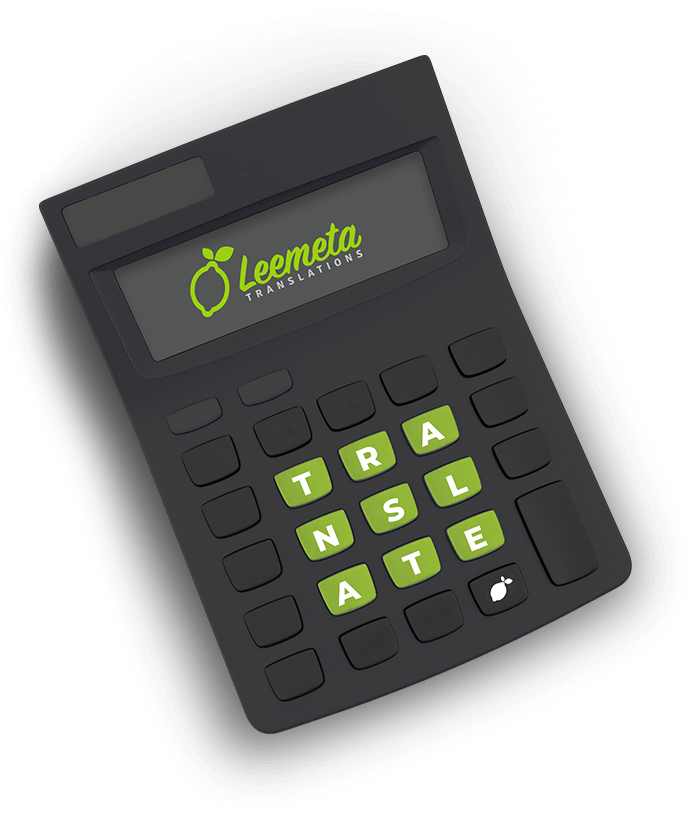



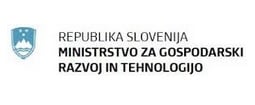
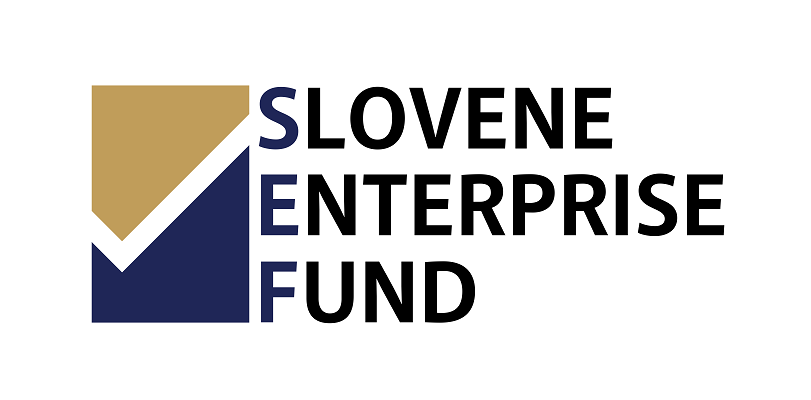
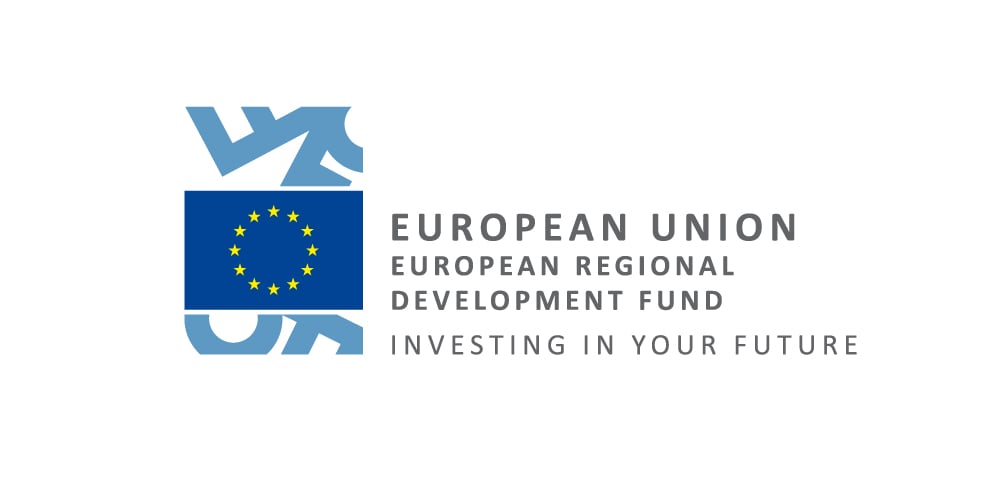

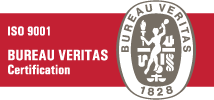
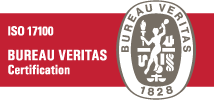
Add new comment